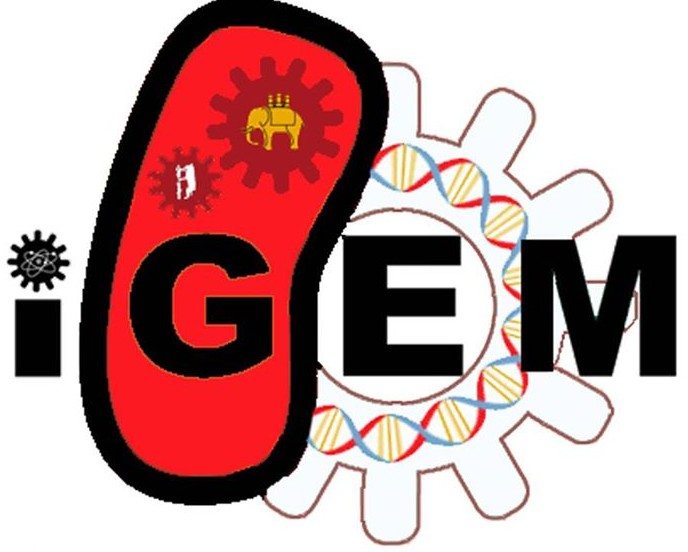Warwick students visit MIT for synthetic biology competition
Undergraduate and newly graduated students from Warwick University will be travelling to MIT, Boston, this September 24-28 to compete in a global synthetic biology competition.
The competition, International Genetically Engineered Machine (iGEM), involves designing useful genetic features and incorporating these into living micro-organisms in order to create solutions for real world issues.
The University of Warwick team will construct a bioengineering tool that can enable the construction of organised structures using living cells as the construction material. Team member Matthew Chester explains;
“The tool will be an engineered cell that is designed to display proteins called zinc fingers on the surface of the cell – usually these proteins remain within the cell. These proteins – which bind to double stranded DNA – allow cells to self-assemble on tracks of DNA that we have designed.”
The University of Warwick team plan to trial the tool’s use by making a 2D image from the assembled cells in a pattern. If successful they will be the first team in the world to produce a coloured picture using cells.
The team is interdisciplinary, with students from distinct academic fields bringing different skills and expertise to the table. These departments involve Maths, Physics, Engineering and Life Sciences, with Biomedical, Biochemical and Biological Sciences represented. The breadth of disciplines involved assists the team to share skills from their areas of speciality to create the project, then work in the lab, and use mathematical models and predictions to predict and investigate the findings.
This team’s work has the potential to be applied to medicine; in creating a procedure to assemble different cells types for tissue bioengineering or constructing artificial organs. Another application is using cell assembly to execute a biological 3d printer, that could assemble cells into complex structures.
They will also be conducting outreach programs in the local area, for instance doing presentations and lessons in secondary schools in Coventry, discussing the synthetic biology project as well as the role of young women and men in the scientific community.
The team is beginning lab work with guidance and training from the researchers at Warwick Integrative Synthetic Biology Centre, who will introduce new techniques to the iGEM team, some of whom are new to being in a lab.
A member of Warwick’s 2015 iGEM team, Ben Hayward – third year mathematician – said:
“The fact that the competition takes place in Boston at MIT is a bonus to an already great experience. MIT is one of the most inspiring scientific institutions in the world and their work, both in and out of synthetic biology, has been really exciting to hear about over the years. This visit will allow us to engage with other researchers, from many different countries, in one of the most cutting-edge universities.”
This year’s project co-ordinator for the Warwick iGEM team, Aneesa Sheikh, – first year Biomedical Scientist – also added: “I’m really happy with the team we have so far, everyone is putting effort in and we’ve been working well as a group. I’m looking forward to getting into the lab next week to conduct the first wave of experiments for our project.”
To keep up date on the Warwick iGEM team’s progress visit the team’s wiki or follow them on twitter over the upcoming weeks and months.
The team will be supported with advice from academic and research staff, including Prof Alfonso Jaramillo and Prof John McCarthy, among others, at the School of Life Sciences. They will also receive training and advice from the Warwick Integrative Synthetic Biology Centre and Imperial College London. The team will be travelling in September to present their work to the panel of judges at MIT.
If you would like to support their cause by donating money or materials for their research, contact them at iGEM@Warwick.ac.uk

Comments